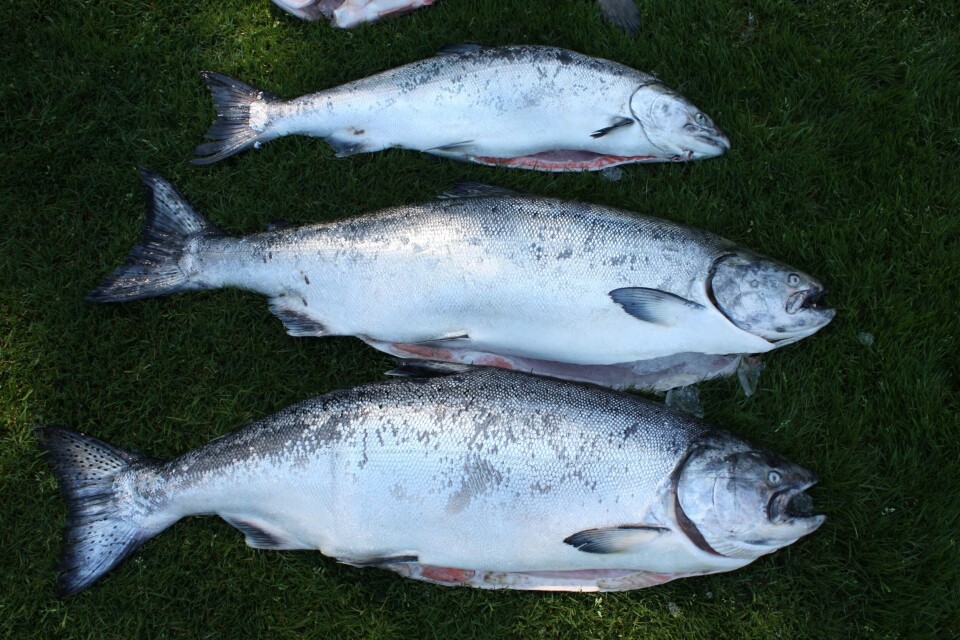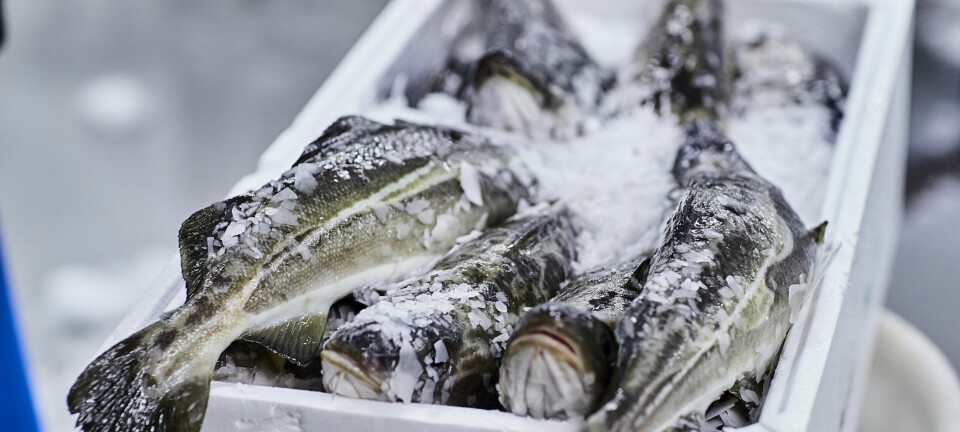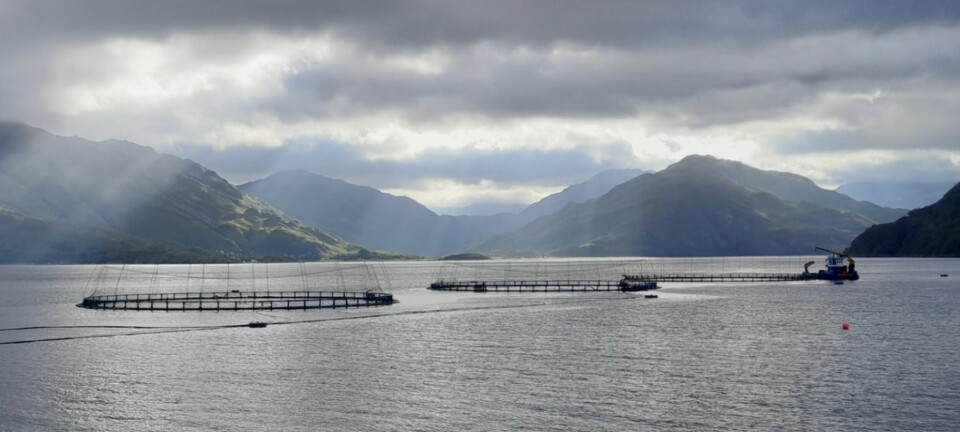
Transgenic salmon anyone?
Since the Canadian scientist Bob Devlin started to look into the production of genetically modified Coho salmon at his laboratory in West Vancouver, B.C., the interest in these faster growing fish has resulted in a commercial enterprise that wants to sell eggs from such altered salmon to farmers in the U.S. and other jurisdictions. While Dr. Devlin’s work was mainly for the purpose of evaluating the risks associated with the potential production of such fish from a regulatory point of view, he also found that the faster growth associated with some genetically modified fish could in some species be achieved through the application of modern, conventional genetic selection methods.
The International Salmon Farmers Association and its world wide membership has for a long time stated that it has no interest in pursuing the use of transgenic salmon. Canadian salmon farmers agree with this position. But as Les Blumenthal of The Washington Post writes, a US-based company is hell bent to pursue this technology;
It may not be the 500-pound "Frankenfish" some researchers were talking about 10 years ago, but a Massachusetts company says it is on the verge of receiving federal approval to market a quick-growing Atlantic salmon that's been genetically modified with help from a Pacific Chinook salmon. Although genetically engineered crops such as corn and soybeans have been part of the American diet for several years, if the Food and Drug Administration approves the salmon, it will be the first transgenic animal headed for the dinner table. "I would serve it to my kids," said Val Giddings, who worked as a geneticist at the Agriculture Department for a decade before becoming a private consultant.
The financial rewards could be huge. Aquaculture is an $86 billion-a-year business -- nearly half of all fish consumed worldwide are farm-raised. As wild stocks dwindle and the world's population heads toward 9 billion, fish farmers will be looking for stock that will be market-ready more quickly.
But sceptics abound. Fears persist about human health risks from genetically modified food, but concerns about bioengineered salmon also extend to the environment. If the FDA approves the transgenic salmon, George Kimbrell- a senior staff attorney for the Center for Food Safety- said his group would consider litigation to stop it.
Fish that grow faster
AquaBounty, which calls its super salmon an "advanced hybrid" rather than a transgenic fish, said they're safe to eat and would be raised in contained farming operations that could be based inland rather than along coastal waters. The modified fish, all females, would be sterile, so they couldn't breed with wild fish if any escaped, the company said. AquaBounty's fish grow faster but not bigger than normal Atlantic salmon. The company says genetically modified salmon are identical to regular salmon except for the genes that have been added.
Company researchers have added a growth hormone gene from the Chinook salmon as well as an on-switch gene from the ocean pout, a distant relative of the salmon, to a normal Atlantic salmon's roughly 40,000 genes. Salmon normally feed during the spring and summer, but when the on-switch from the pout's gene is triggered, they eat year-round. The result is a transgenic salmon that grows to market size in about half the time as a normal salmon -- 16 to 18 months rather than three years. AquaBounty would market the eggs from a transgenic salmon, not the actual fish.
After first filing for approval a decade ago to bring the fish to market, the company said in a recent news release that the FDA's Center for Veterinary Medicine has reviewed in detail five of the seven sections of its application. "The company believes the reviews for the remaining two parts of the application are very nearly complete," AquaBounty said, adding that its management was "confident of a successful outcome in the near future."
The FDA doesn't comment on pending applications, though a public hearing on the AquaBounty application could come as early as this fall. Such public hearings can signal the FDA is close to a decision. Once it gets approval, AquaBounty said, it could start marketing the eggs from transgenic salmon within two or three years. The company is also reportedly developing transgenic tilapia and trout.




















































